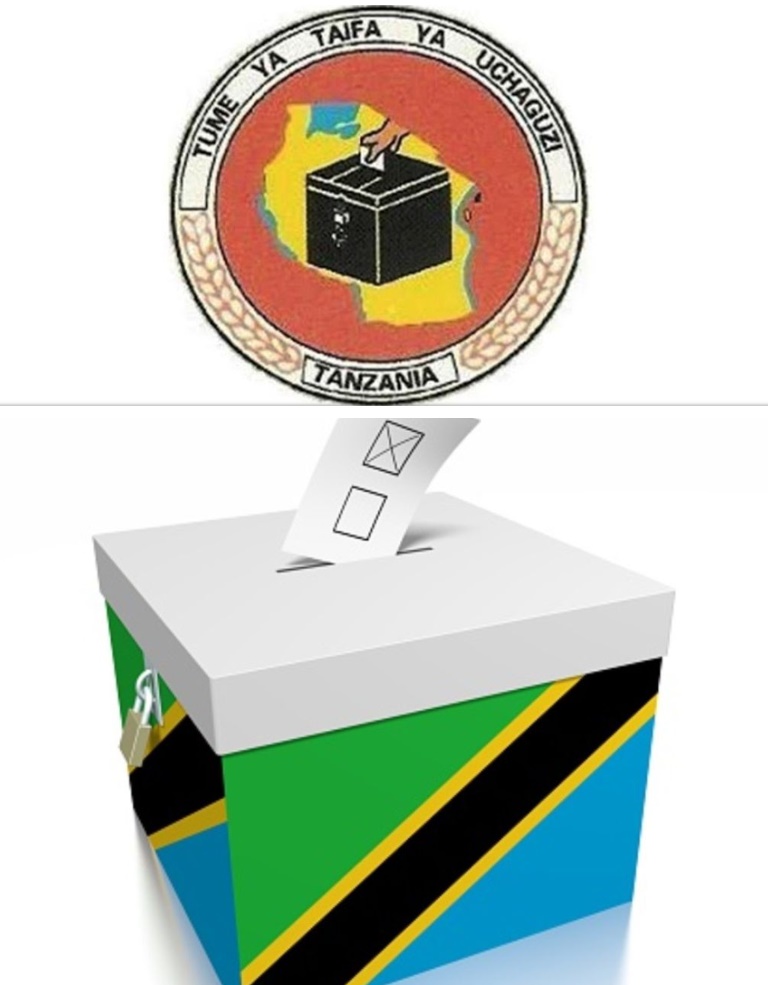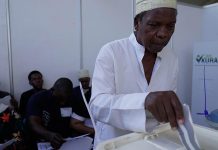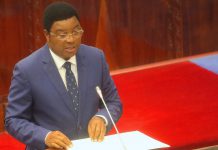AfricaPress-Tanzania: AFTER every five years, according to the constitution of Tanzania, the country goes to polls to elect political leaders, who from the top is the president, Members of the Parliament and Councillors down the hierarchy as their mouthpiece in development matters.
This process is tasked to the National Electoral Commission (NEC) as an election commission to oversee the implementation of electioneering process, and deserves to be trusted and respected.
According to its statistics there are 80, 155 polling stations, implying that they are scattered countrywide for the citizens to reach and vote candidates of their choices.
On the breath, NEC must always rely on the media outlets to reach these citizens on what election means, and provide them with education on what to do and not.
Though, Tanzanians are conversant with the kind of leaders they want and would opt to vote, still some procedures during the elections must be repeatedly pointed out, this is because elections have a lot of rules, which must be followed, whether one is a candidate contesting or an ordinary citizen willing to exercise political right of voting.
On these, NEC must be tough otherwise like a tinderbox might be taken for granted only to cause chaos.
For instance, the public must be repeatedly educated and warned against wearing clothes of a particular party, carrying its flags, placard and such stuff on the polling day, because it is not a campaign rally, but voting day.
Such laws may be taken for granted or overlooked but have repercussions, because in any crowd there is no reasoning and calming them once a problem arises might be costly.
In this school of thought, NEC should always use the media, be it the print, or any means to reach the whole voting-folk wherever they are on what is expected from them especially on how to vote, who should vote and what to carry on the voting day.
This is because elections make a fundamental contribution to democratic governance.
Because direct democracy—a form of government in which political decisions are made directly by the entire body of qualified citizens—is impractical in most modern societies, hence democratic government must be conducted through representatives.
Elections enable voters to select leaders and to hold them accountable for their performance in office.
Accountability is necessary, because these elected leaders are expected to serve and be the servants of Tanzanians, and not to be answerable to any external power.







